ECO-FRIENDLY CLAIMS
Understanding the differences
narrowing down to
3 Types of Eco-Claims
Amidst the eco-chic and green glamour, discerning the genuine “eco” from mere marketing fluff—ahem, eco-washing is like finding a needle in a haystack of buzzwords.
As consumers and businesses become more focused on the environment, there’s a growing need to assure the validity of the eco-friendly claims and credentials of the products they are purchasing.
The first step you can do is to narrow things down.
Most eco-claims can be categorized into THREE categories.
01
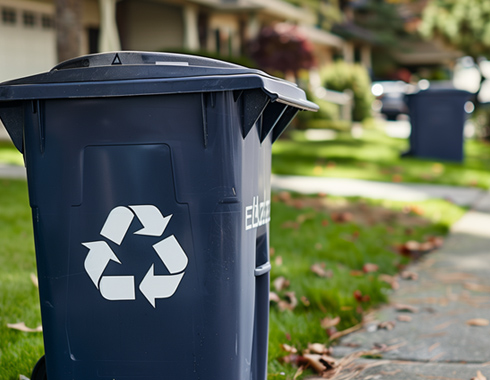
Made of Eco-Friendly Materials
Products crafted from materials that align with environmental well-being.
Examples include sustainable resources like bamboo or items made from recycled materials, such as water bottles.
02

Sustainable Production
Products that are produced in facilities committed to environmental sustainability.
Such as the use of renewable energy sources, and efforts to minimize carbon footprint throughout the manufacturing and transportation process.
03
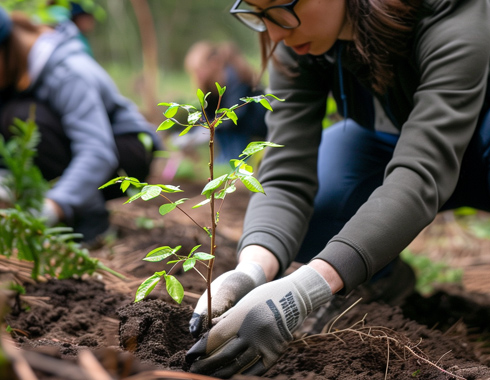
Contribution Based
Purchases that support meaningful causes by dedicating a portion of the proceeds to it.
This could include direct or indirect contributions to environmental initiatives, or global organizations dedicated to conservation efforts.
01
Made of Eco-Friendly Materials
Bamboo or plastic? Easy call!
We start with what you can see and touch because it’s simple to check.
But when claims of ‘sustainable’ or ‘recycled’ come into play, how do you really know? That’s when not all claims are equal, and certifications like GRS bring in the trust factor, turning doubts into credible eco-claims.
Made of eco-friendly materials
Why GRS & RCS?
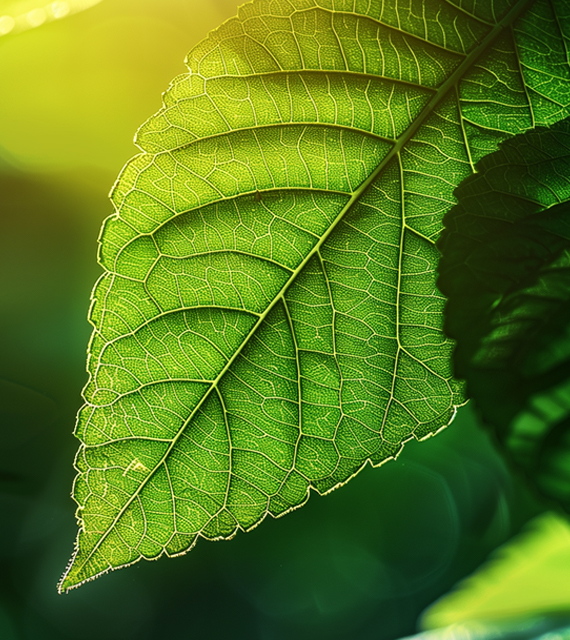
Direct Purchase Impact Visibility
1. Both Global Recycled Standard (GRS) and Recycled Claim Standard (RCS) are internationally recognized certifications.
2. Their intended purpose is to provide consumers with documented and audited traceability of raw materials, ensuring the integrity of the manufacturing process, and prohibiting the use of chemicals harmful to humans.
3. These standards not only guide consumers in making informed choices about eco-friendly products, but also allow them to
SEE THE EXACT ENVIRONMENTAL IMPACT of their purchases through easily accessible documentation.
Credibility
Administered by the Textile Exchange, a global non-profit organization that has been committed to sustainability in the textile industry for the past 20 years, its scope now extends beyond fashion to include materials found in everyday consumer goods.
Each step in the supply chain is also audited by a third-party certification body like Intertek, or Bureau Veritas.
Made of eco-friendly materials
What exactly does GRS & RCS Certified mean?
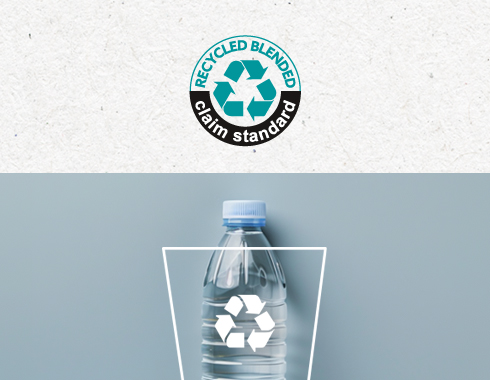
GRS & RCS Requriements
- Recycled Verification
Materials used must meet ISO 14021 standards, and be confirmed by third-party audits. - Chain of custody production
Third-party audits for each step/transaction of the supply chain to ensure the validity of materials used. - Must have 5% or more Recycled Content.
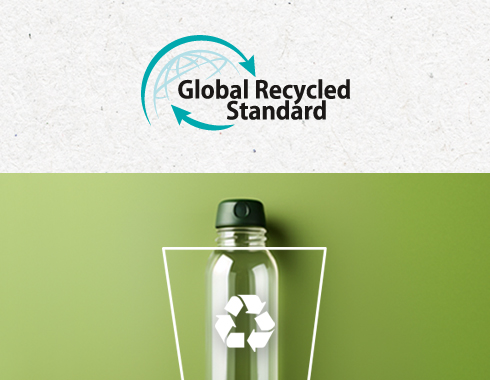
GRS Specific Requirements
The Global Recycle Standard (GRS) is more rigorous and goes beyond RCS (Recycled Claim Standard) requirements.
- Must have 50% or more Recycled Content to have the GRS label printed on products.
- Restricts the use of hazardous chemicals in the processing of GRS products.
- All sites involved in the manufacturing are required to meet strict social and environmental requirements.
Beyond the Haze of Claims
Step into a world of eco-transparency with GRS certified recycled products, where your brand’s direct environmental impact is as clear as day.